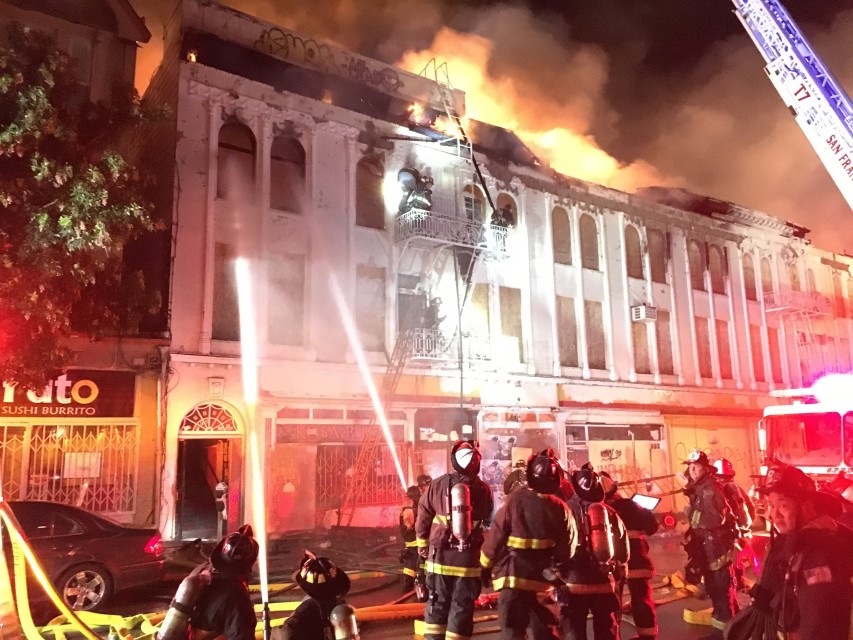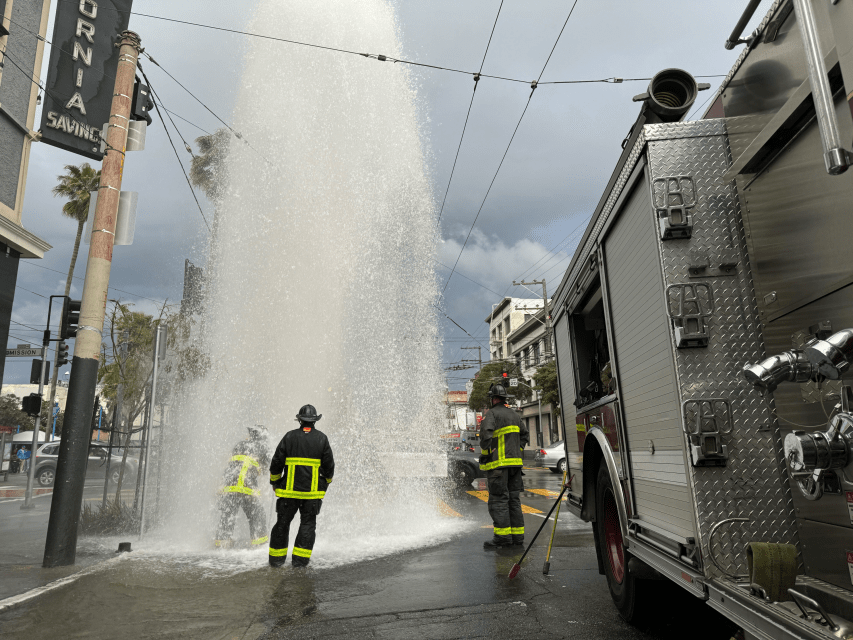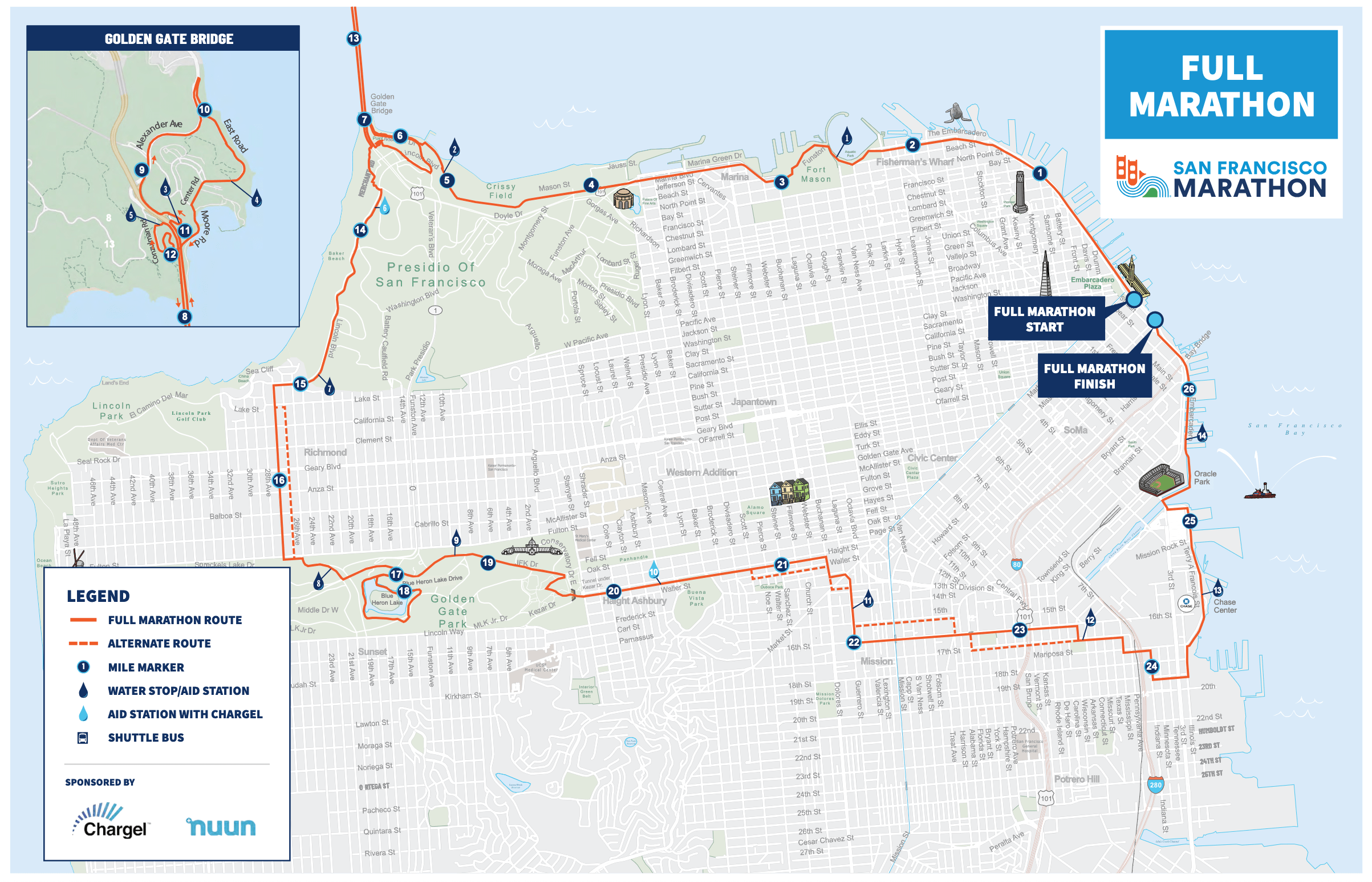San Francisco pays police officers generous pensions to incentivize their early retirements. Voters in November will be asked if we should — simultaneously — richly incentivize them to work past retirement age.
Yes, you read that right. San Francisco rewards police for retiring early and we may, soon, also reward them for working late —while paying them for both, one on top of the other.
“This is madness!” says every fiscal hawk. “This is San Francisco,” respond city voters, kicking the fiscal hawks into a deep pit. We’ve done it before and, come November, we may do it again.
Speaking of a deep pit, the city is projecting the better part of an $800 million shortfall in the next budgeting cycle. And yet, Mayor London Breed is proposing the largest police budget ever, and city voters stand to be presented with no fewer than three measures to enhance worker retirement benefits. Most notably, Supervisor Matt Dorsey is sponsoring the aforementioned Deferred Retirement Option Plan (DROP), which would pay select officers a salary and pension concurrently for up to five years. Supervisor Catherine Stefani, meanwhile, is proposing lowering firefighters’ retirement age with full benefits from 58 to 55 — retroactively, affecting every firefighter hired since January 2012.
This is a big deal; some 1,500 firefighters have been hired since voters approved an increase in firefighters’ retirement ages and pension contribution rates in 2011 — with the strong support of the firefighters’ union. All of these roughly 1,500 young and youngish firefighters joined with the expectation that they would not be eligible for full retirement benefits until 58. But, if approved, this measure would retroactively remake the last dozen years, placing additional expectations and strain on the pension system going both backward and forward in time.
It would surprise no one if these pension deals led to acrimony among less-favored unions and griping from cops as to why they’d still have to work to 58 to earn full retirement benefits. This could well lead to rancor, pissing contests and perhaps even a pension arms race — in an election year, no less.
Wars, like pension plans, are costly.

If it is inherently madness to pay employees a salary and pension simultaneously, city officials are quick to reply that these are mad times. David Owen, Dorsey’s chief of staff and the principal drafter of the proposed DROP, doesn’t even bother to argue that this plan isn’t double-dipping. Of course it’s double-dipping. “If they’re going to double-dip,” he says, “we want them to do it here.”
A plan like this, he says, could prevent an officer from retiring well short of 60, earning 90-odd percent of her salary as a pension, and then getting a full-time job as a cop elsewhere.
That’s a similar argument to one made in 2008, when the SFPD found itself unable to effectively recruit young cops and sold voters on DROP. But, 16 years ago, voters were plied with another claim: They were told this would be a cost-neutral program. It wasn’t; the controller estimated that it added some $52 million in pension costs in just three years. The Board of Supervisors voted overwhelmingly to abandon DROP in 2011.
So, in 2024, DROP proponents aren’t peddling the fiction of cost neutrality. San Francisco has a police-staffing crisis, and this is a means of addressing that — and you don’t get something for nothing. “No one should be surprised that this will be expensive,” Owen says. “We are competing in a market where someone can take their pension and go somewhere else.”
Other cities, including Los Angeles and Philadelphia, have been burned by costly and ineffective deferred-retirement plans. San Francisco is an outlier in attempting to institute such a program rather than extract itself from one by any means necessary. Re-institute such a program, in fact.
Both Owen and co-sponsor Supervisor Aaron Peskin, a self-described fiscal conservative and mayoral contender, argue that this time the city will get DROP right. This time, the plan will only be eligible for cops who are on patrol, not desk jockeying. This time, only front-line officers, sergeants and inspectors are eligible, not higher-ups like lieutenants and captains, as was the case from 2008 to 2011. Cops on long-term disability will not be able to double-dip with a DROP, which was a cottage industry in Los Angeles. San Francisco’s pension plan is now healthier than it was in 2008, Peskin adds, and the Dow Jones is presently flirting with 40,000, instead of 11,000.
All for the good. But there remains no means of screening out poor and mediocre cops from participating in such a program — this would likely open the city up to a discrimination lawsuit. Unlike 2008, San Francisco cops are now among the state’s best paid; SFPD veterans now even earn automatic seniority bonuses, which essentially would make DROP a bonus on top of a bonus. Rewarding old cops to work extra years doesn’t remedy the city’s anemic efforts to bring in new blood. And, most elementally, this program doesn’t begin to address the overarching problem of the San Francisco Police Department ranking toward the bottom among California departments in arrest rate and cultivating a reputation for a lack of follow-through investigation.
“You will never have a cop on every corner to stop your car from being broken into,” says former city controller Ed Harrington. “Maybe if there were job programs and other opportunities, you could convince people not to break into cars because there are other ways to make money. Is there drug rehab? Are there mental health services? It seems you’d need a more holistic approach to have a safer society for everybody. But that’s hard. That’s confusing. People don’t vote for things that are confusing.”

By the time you receive your ballot, both the San Francisco Employee Retirement System’s actuaries and the city controller will have crunched the numbers. But Nostradamus is not on the payroll, and everyone makes mistakes: Former controller Harrington is quick to admit that he was wrong in 2008 when he predicted that the DROP would be cost-neutral.
And even Nostradamus couldn’t read minds — and knowing if DROP is actually working kind of requires that. If an officer who would’ve left city employment enters the program and stays on for several more years, then it’s working. But if an officer who wouldn’t have left signs on solely to bag the money, then it’s just a lucrative handout.
Police recruitment and retention is, in a word, grim. But that’s not the case for firefighters. Applicants are still scaling ladders and kicking down doors in hopes of joining the fire department; recruitment and retention is not a problem.
So — other than helping out the union every candidate for office desires as an endorser in an election year — why offer a retroactive benefit? The firefighters union tells me it has reconsidered its 2011 concession that raising the retirement age was the responsible thing to do. This, we are told, has led to increased injuries and maladies, including firefighters’ disproportionate incidence of cancer. “Look,” says union president Floyd Rollins, “you don’t want a 58-year-old to have to save you from a burning building.”
That’s a pretty sound argument. Less sound, however, is the union’s claim that real costs won’t hit until today’s thirty-something firefighters are retiring at 55. That’s not how pensions work: In order to accommodate more workers retiring earlier in the future, things have to be rejiggered now. It’s hard not to foresee higher pension contributions from the city’s general fund after the very first actuarial assessment.
“What this is doing is accelerating the expenses, because people will retire sooner,” explains pension expert Girard Miller.
He likens San Francisco’s potential pension situation to a homeowner shifting from a 30-year mortgage to a 20-year mortgage: “You not only have to pay it off sooner, you have to pay more.”
The firefighters’ union is probably the best and most valuable endorsement a mayoral candidate could get. So it will indeed be interesting to see how every aspirant for mayor feels about this proposal.
Thirteen years ago voters went for the pension reform plan pushed by Mayor Ed Lee and financed by Warren Hellman, which raised retirement ages and augmented employee contributions. That measure topped a less worker-friendly proposal pushed by Public Defender Jeff Adachi and financed by Michael Moritz.
Of that quartet, sadly, only Moritz remains alive. It would be interesting to know how he feels about attempts to out-and-out undo key provisions of the pension reform measure that was already too mild for his taste. Moritz has not yet returned an email.

November’s voters will have difficult choices to make. The notion of paying cops salaries and pensions simultaneously might be counterintuitive and mind-boggling — but the city continues to hemorrhage officers and may, at some point soon, cross a staffing event horizon.
Retroactively lowering the firefighters’ retirement age may come with real costs. But, in a city where few things work well or properly, San Franciscans can count on firefighters to rapidly and effectively address their fire or medical emergencies, despite inherent life-safety issues and carcinogenic equipment.
What a predicament. San Francisco’s November ballot may yet induce madness. And voters may yet wish they were at the bottom of a deep pit.









San Francisco needs to help fund Boise Idaho’s tax coiffers which is where these over paid people go to retire and talk crap about SFs policies on the net .
Looks like the 5 officers are walking – not marching. Marching means in lock step – looking at their feet that is not the case.
San Francisco Police or Fire Department can no longer use force. They will find a way to use these funds for themselves and communities. I highly recommend this project be drop soon. The community will not support such projects without any good reasons why they should add more money to pensions. This city is collapsing because of power and corruption. I was a citizen of 11 1/2 years and not once when I called police they took their time to arrive. The mayor already has her own advice on how much money can the public spend on police officers and Firefighters pensions when “she “ Mayor Breed figures out how much can be spent adding to a negative impact a city’s budget. So let’s be real !
Just because they’re not the first to do so doesn’t mean it’s not shameful: As elected officials, we see Dorsey and Peskin roll measures potentially headed to the ballor. How that’s a problem? It’s because they, and who ever came before them, are abusing their prominence to pursue measures that drown out and/or have the potential of restricting the latitude that legislative and executive bodies should have to handle issue like public servants’ pensions. Ever wonder why we mostly see dolts and climbers run for office? That’s in part why.
Joe,
I missed the part where you gave what a retired Sergeant would take home en totale.
$310,000 Year
And, worst thing of all ?
You would be bringing back the grizzled racist and violent thugs we hated.
Plus, things hold Dorsey will be President of the new Moderate Board.
Only thing that could save us is if Peskin wins.
h.
That’s way too low. You’re forgetting about the pension spiking. So you know how many sgt’s “coincidentally” get made acting lt’s a couple years before retirement? You might wanna recalculate that but with a lt’s salary.
H. brown ,
You’re forgetting that those same thugs are also homophobic , against transgender rights . For people to use bathrooms they don’t want . They also stand with Israel and not Hamas . We don’t needs these things … bye bye
Because standing with terrorists and insane middle age theocracies is so reflective of San Francisco values…